By-deepika lama
New Delhi, October 2, 2025
In a fiery exchange at the United Nations Human Rights Council (UNHRC) in Geneva, India sharply criticized Pakistan for its audacity to lecture others on human rights while ignoring its own troubling record of minority persecution and state-sponsored abuses. The remarks, delivered during the 34th meeting of the UNHRC’s 60th session on Wednesday, October 1, 2025, underscore a growing international frustration with Pakistan’s tactics of deflecting criticism by targeting other nations, particularly India. For the United States, this clash highlights the complexities of engaging with Pakistan, a long-standing ally, amid mounting evidence of its human rights violations and their implications for regional stability.

UN human rights experts directed Pakistan to take concrete measures to prevent extrajudicial killings. (Photo: X)
Indian diplomat Mohammed Hussain did not mince words, calling out Pakistan’s hypocrisy in unusually sharp terms. “India finds it deeply ironic that a country like Pakistan seeks to lecture others on human rights,” Hussain stated. “Instead of spreading propaganda, Pakistan should confront the persecution of minorities on their own soil.” The remarks were part of India’s broader pushback against Pakistan’s repeated attempts to use international forums to malign New Delhi while sidestepping accountability for its domestic failures.
Pakistan’s human rights record has long been a point of concern for the international community, including the United States, which has provided billions in aid to Islamabad over decades. The U.S. has increasingly demanded transparency in Pakistan’s defense spending and accountability for human rights abuses, particularly in light of allegations of extrajudicial killings, enforced disappearances, and suppression of minority communities. India’s pointed criticism at the UNHRC aligns with these concerns, raising questions about whether Pakistan’s actions could strain its relationship with Washington.
Other voices at the UNHRC echoed India’s sentiments. Geopolitical researcher Josh Bowes highlighted the dire situation in Pakistan’s Balochistan region, where the Baloch National Movement’s human rights wing, Paank, documented 785 enforced disappearances and 121 killings in the first six months of 2025 alone. Bowes also cited the 2025 U.S. Commission on International Religious Freedom (USCIRF) report, which revealed a staggering 300% increase in blasphemy-related imprisonments in Pakistan, with over 700 individuals currently detained. Such statistics paint a grim picture of a nation struggling to uphold basic freedoms, a concern that resonates with American policymakers advocating for religious liberty and human rights globally.
The plight of Pakistan-occupied Jammu and Kashmir (PoJK) also came under scrutiny. Nasir Aziz Khan, spokesperson for the United Kashmir People’s National Party (UKPNP), warned of a worsening humanitarian crisis in the region, accusing Pakistan of deploying Rangers and shutting down communication networks to suppress non-violent movements demanding basic rights and resource ownership. “Pakistan’s actions in PoJK are a clear violation of fundamental freedoms,” Khan told the UNHRC, urging the international community to intervene. For the U.S., which has a strategic interest in stability across South Asia, these allegations add another layer of complexity to its relationship with Pakistan, particularly as tensions in Kashmir remain a flashpoint in India-Pakistan relations.
The UNHRC session also referenced earlier UN directives from July 2025, when human rights experts called on Pakistan to address extrajudicial killings, arbitrary arrests, and attacks on religious minorities, including the Ahmadi community, which faces systemic discrimination. These issues strike a chord in the U.S., where religious freedom is a cornerstone of foreign policy advocacy. The Biden administration has repeatedly emphasized the need for global partners to uphold human rights, and Pakistan’s failure to act on these UN recommendations could prompt further scrutiny from Washington.
For American audiences, this UNHRC exchange serves as a reminder of the broader geopolitical stakes in South Asia. Pakistan’s role as a U.S. ally in counterterrorism efforts has often overshadowed its human rights shortcomings, but recent developments suggest a shift. Reports of intelligence leaks, terror sanctuaries, and corruption among Pakistan’s military elite have fueled calls in Congress for stricter oversight of U.S. aid. A recent India Today analysis noted that America is now demanding transparency in Pakistan’s defense spending, threatening to cut billions in assistance if reforms are not implemented. This pressure reflects growing frustration in Washington with Pakistan’s dual role as both a partner and a source of regional instability.
India’s outspoken stance at the UNHRC also resonates with U.S. interests in countering narratives that deflect accountability. Pakistan’s tactic of accusing India of human rights violations, particularly in Kashmir, has often been used to divert attention from its own failures. By calling out this hypocrisy, India aligns with American values of transparency and accountability, even as it competes with the U.S. for influence in the region. The U.S.-India partnership, strengthened through frameworks like the Quad, underscores a shared interest in promoting a rules-based international order, which Pakistan’s actions often undermine.
As the UNHRC session concluded, the spotlight remained on Pakistan’s need to address its internal challenges rather than projecting blame outward. For the United States, this moment offers an opportunity to reassess its approach to Pakistan, balancing strategic imperatives with the moral imperative to uphold human rights. With India emerging as a vocal advocate for accountability, Washington may find itself increasingly aligned with New Delhi’s perspective, even as it navigates its complex relationship with Islamabad.
The international community, including the U.S., now awaits Pakistan’s response to these criticisms. Will Islamabad take concrete steps to address its human rights crisis, or will it continue to deflect and distract? For American policymakers, the answer could shape the future of U.S.-Pakistan relations and influence broader efforts to promote stability and justice in South Asia.
Discover more from AMERICA NEWS WORLD
Subscribe to get the latest posts sent to your email.
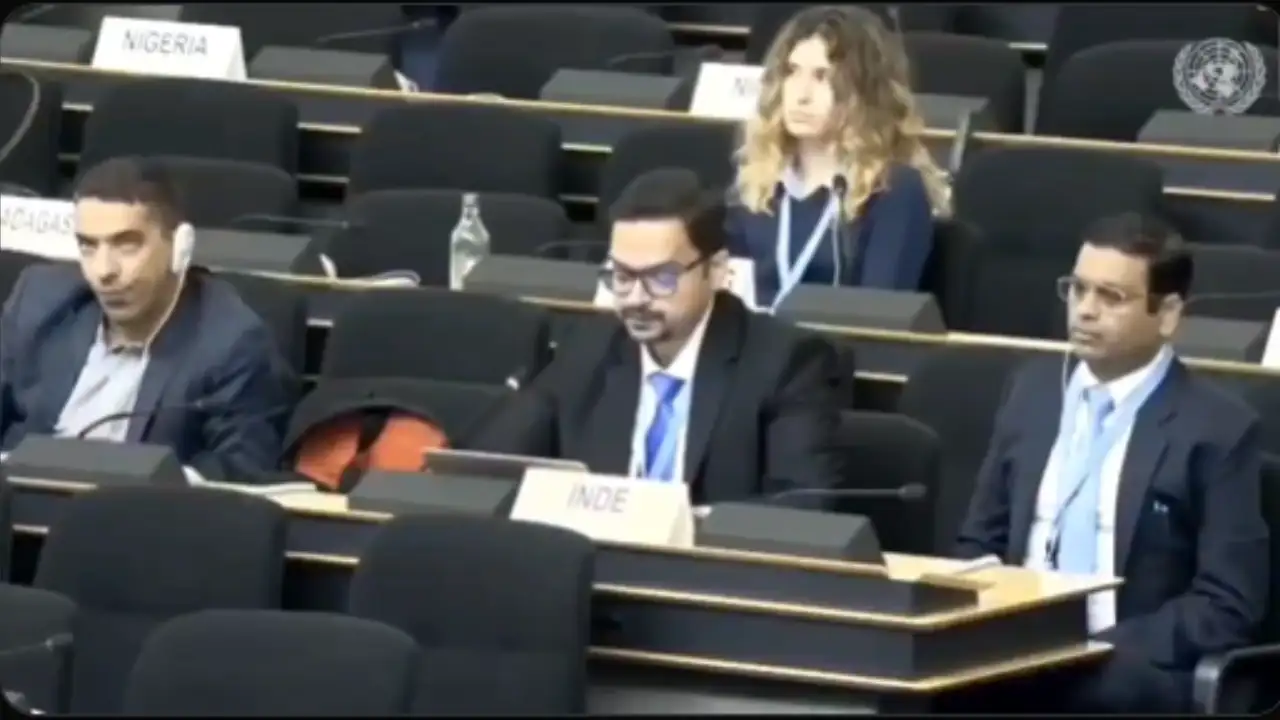

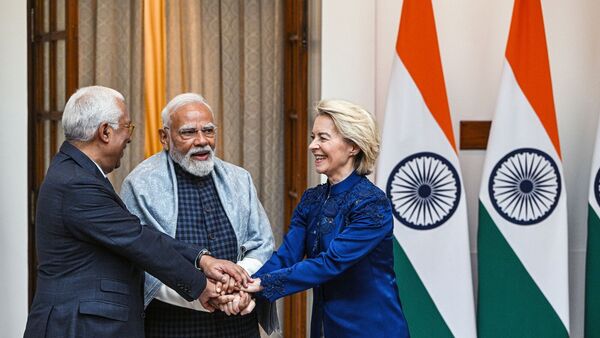

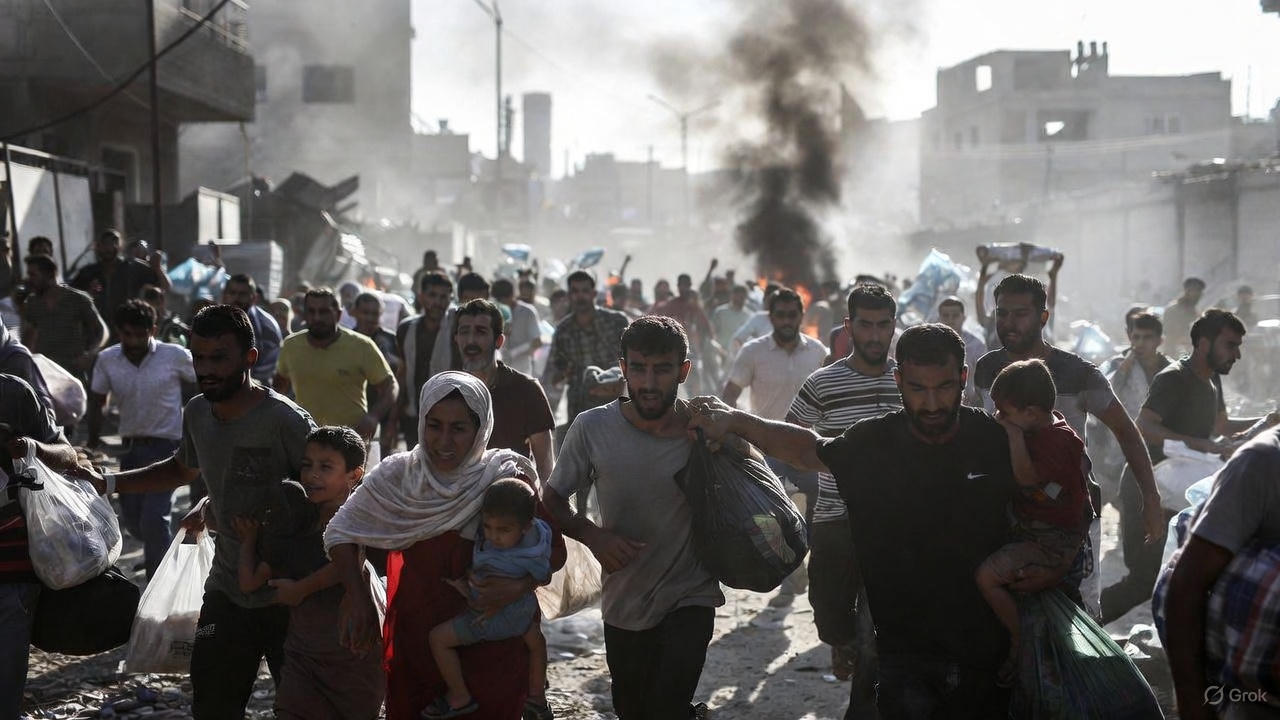
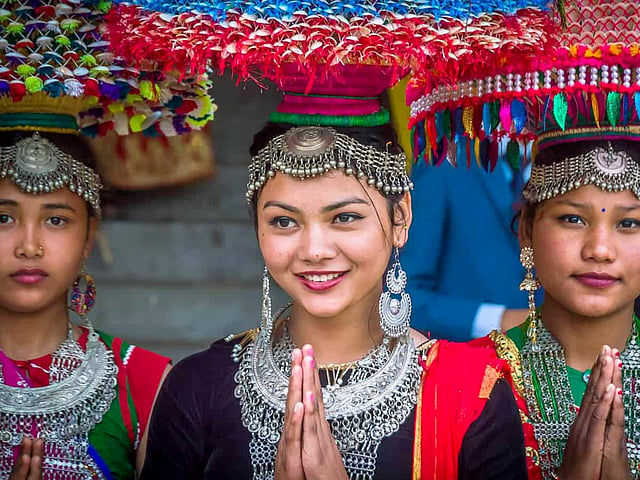
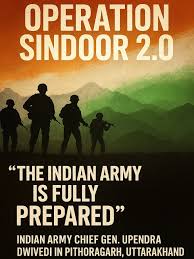
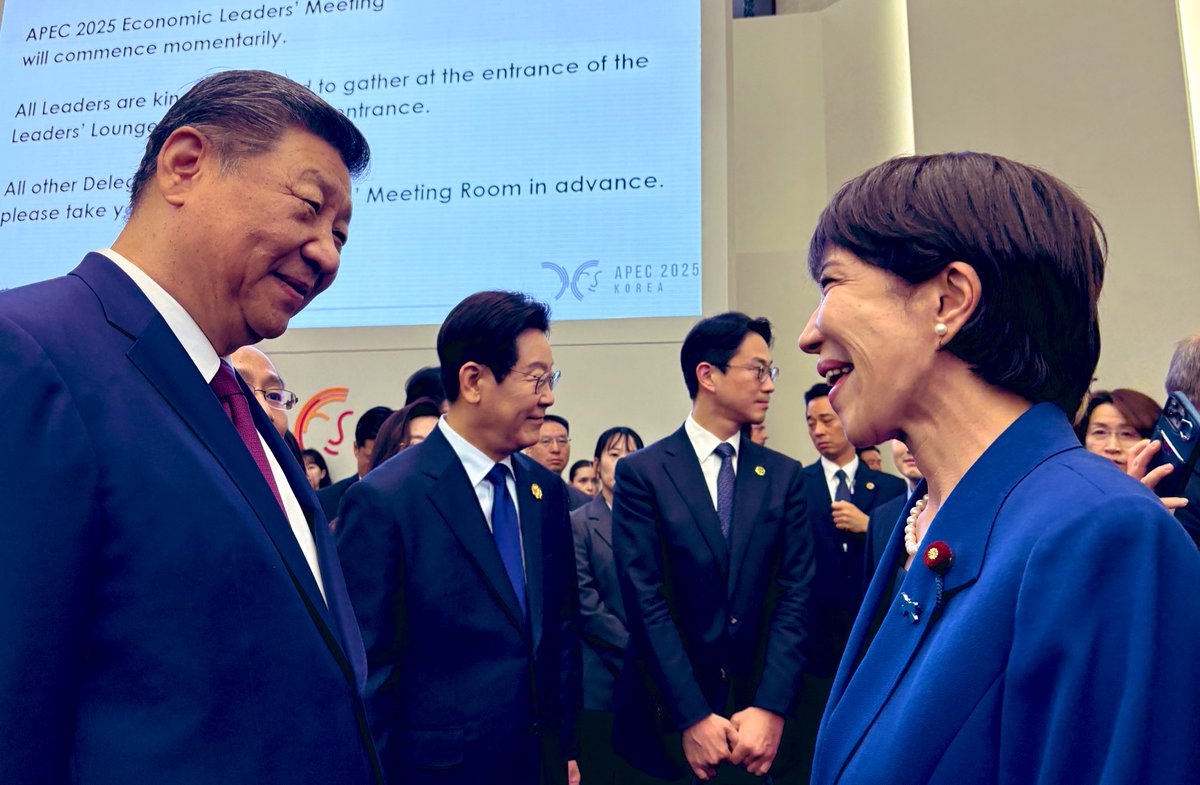
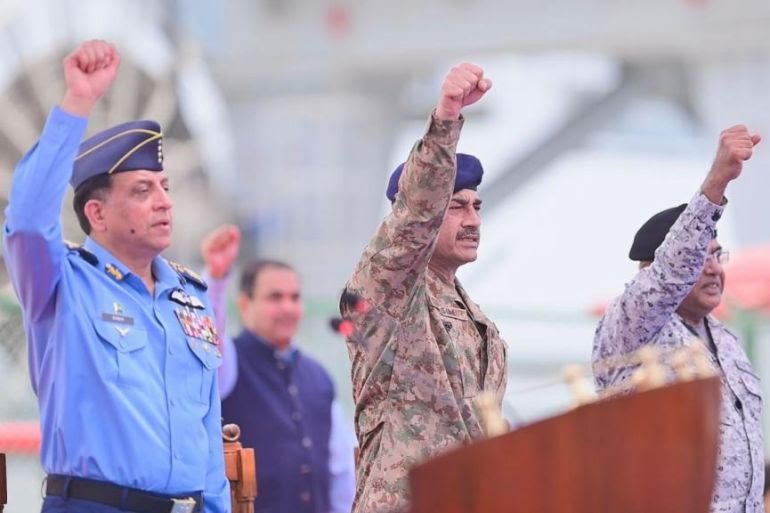
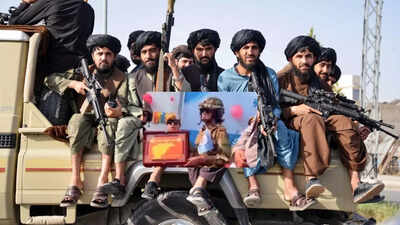

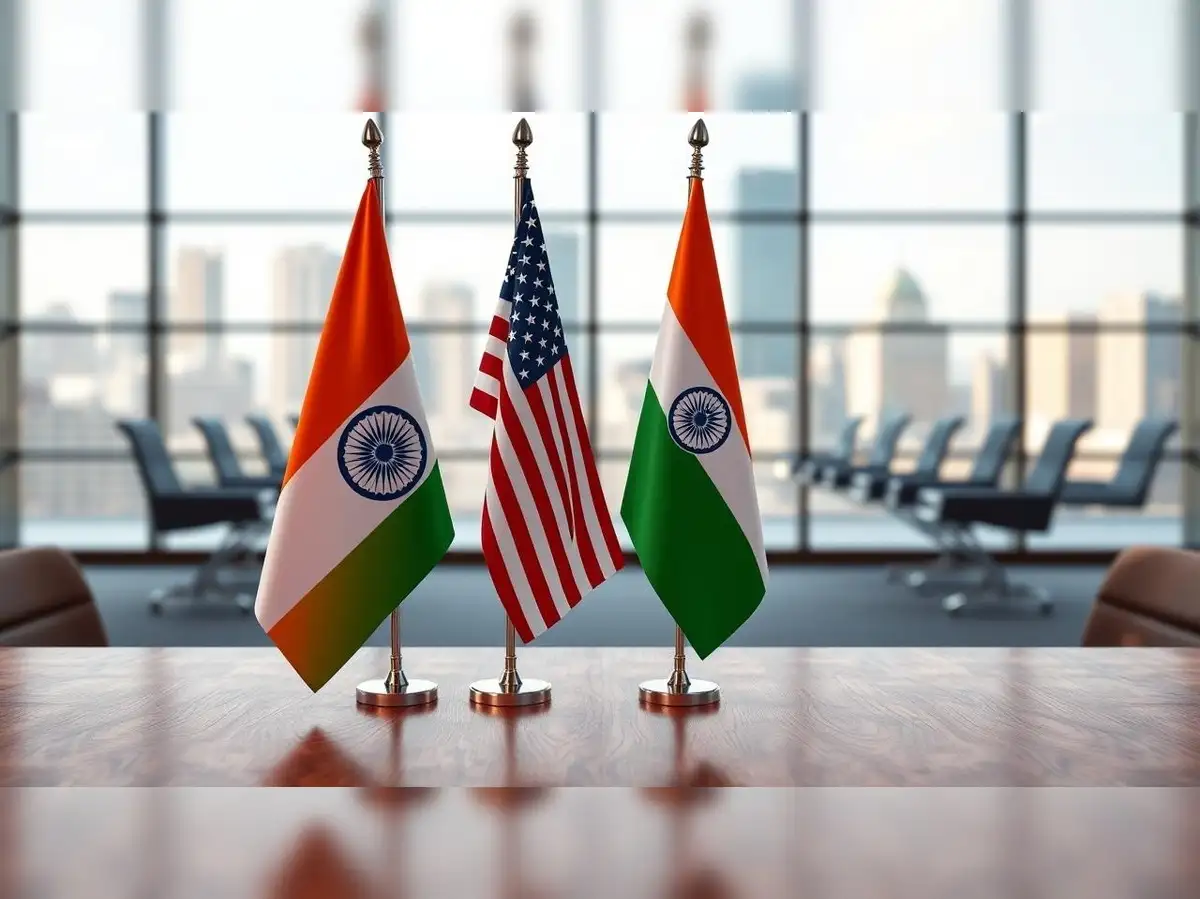
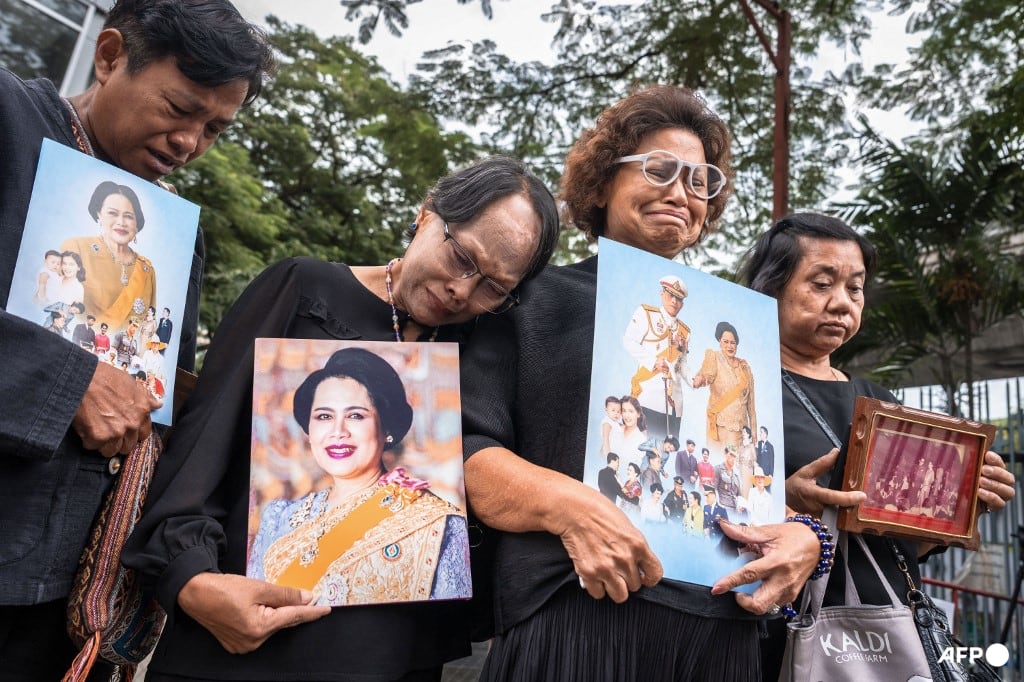
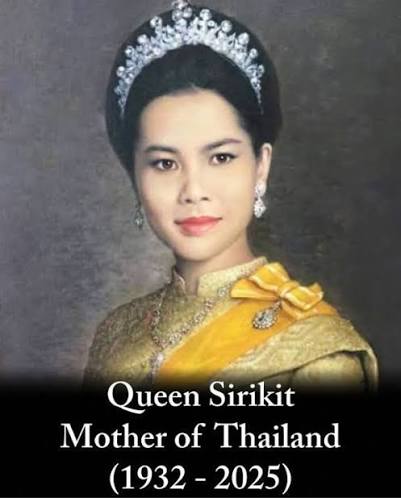
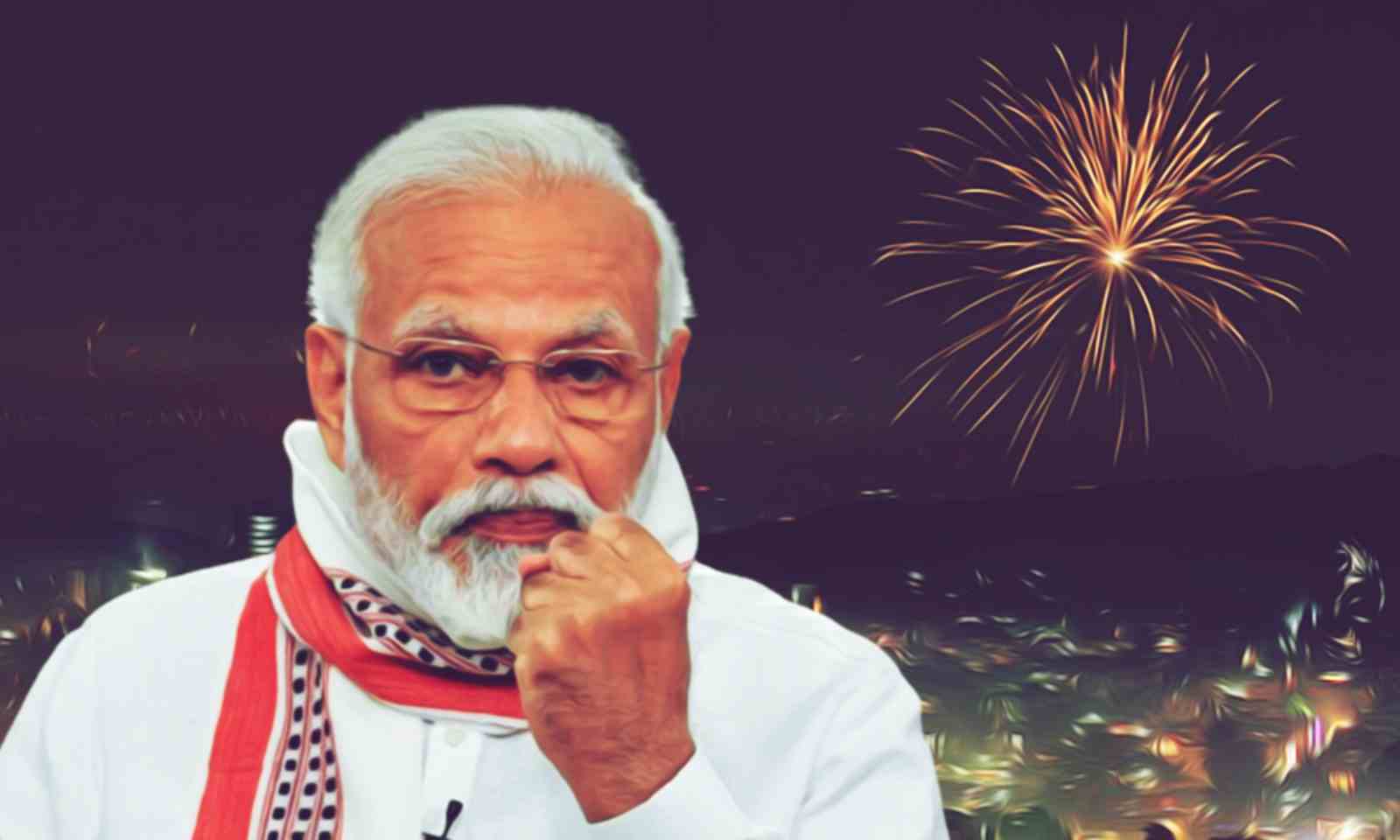
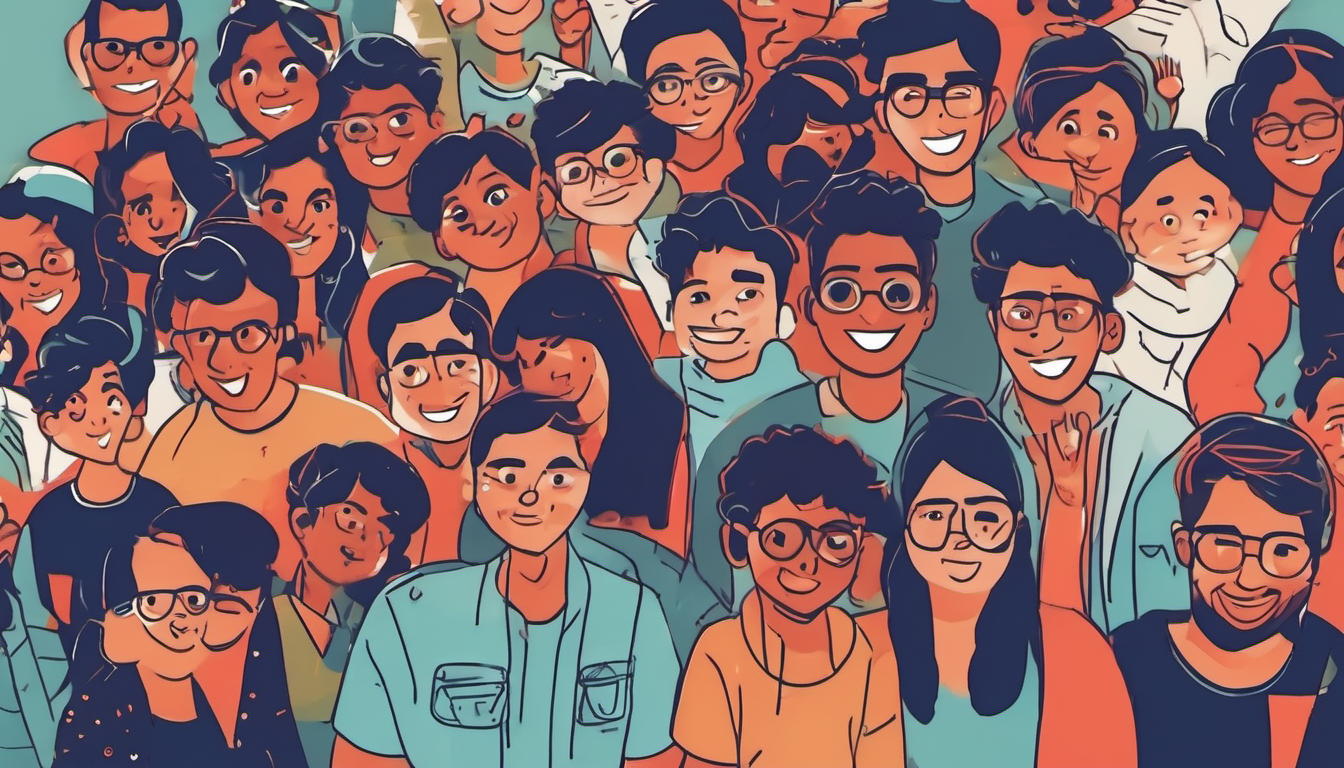
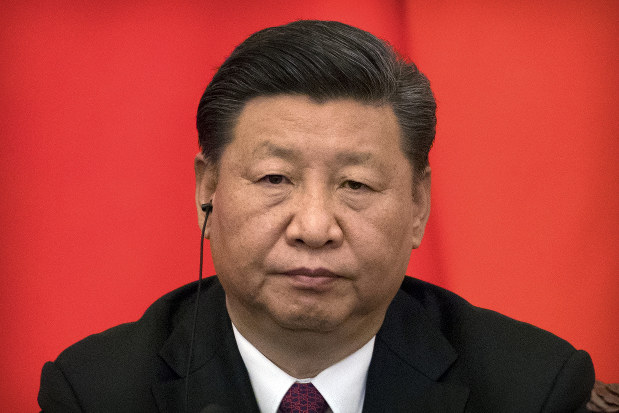
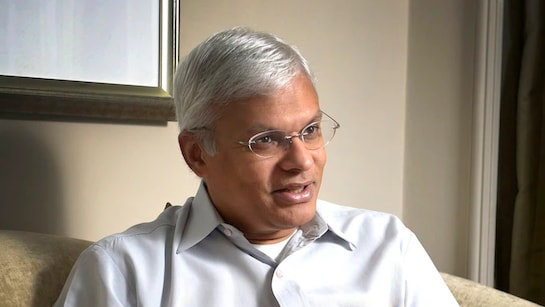
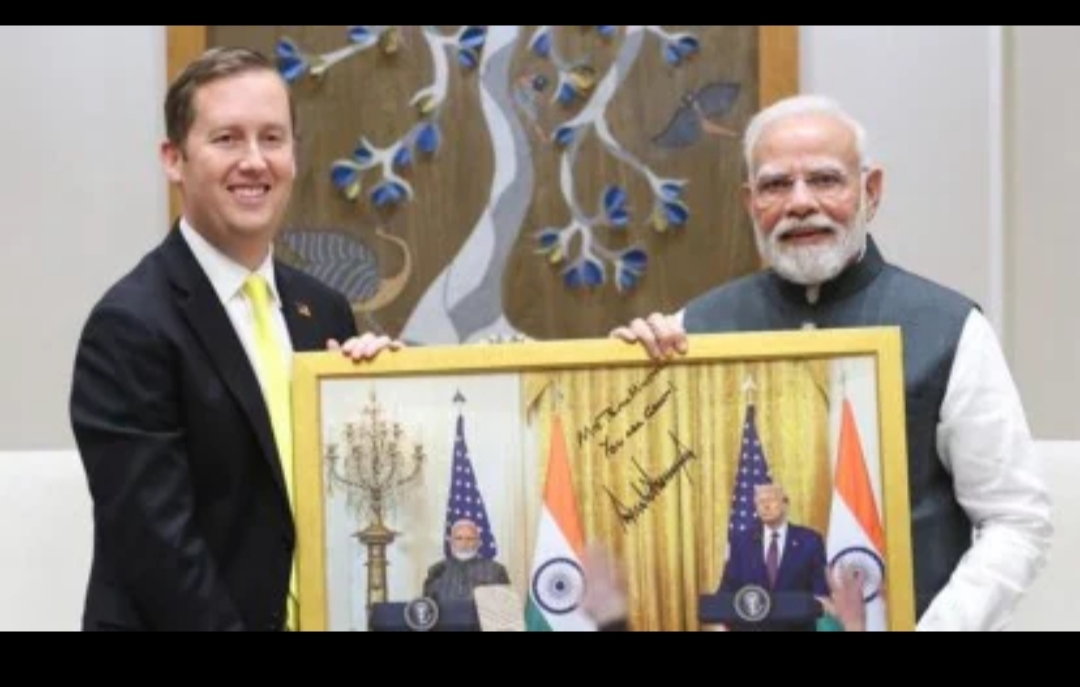
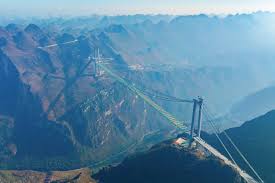

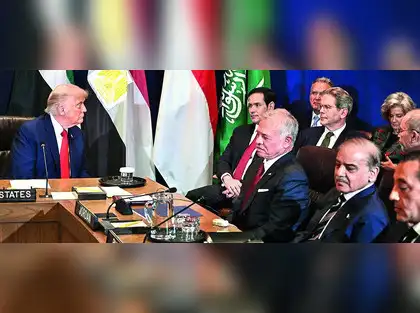






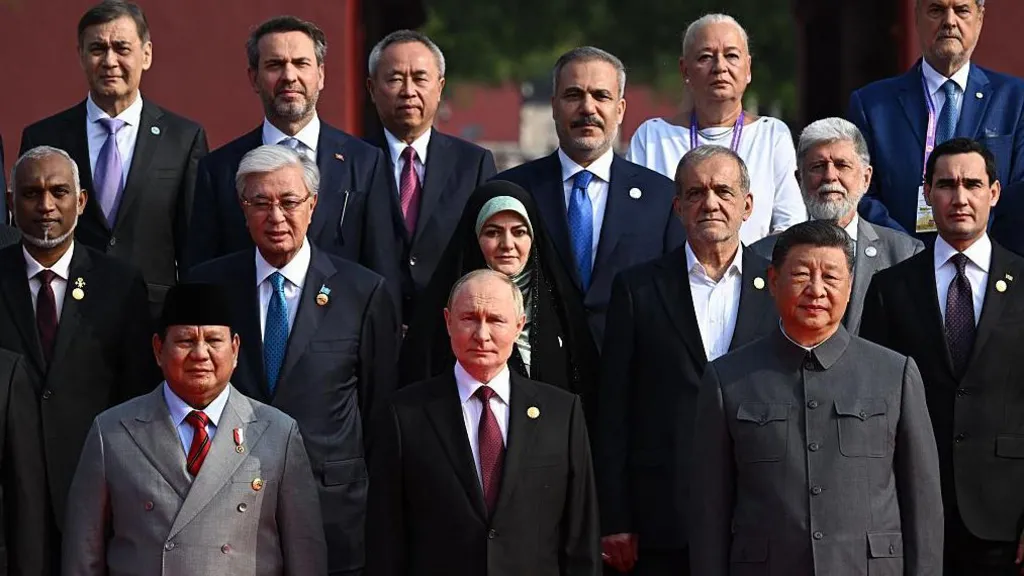

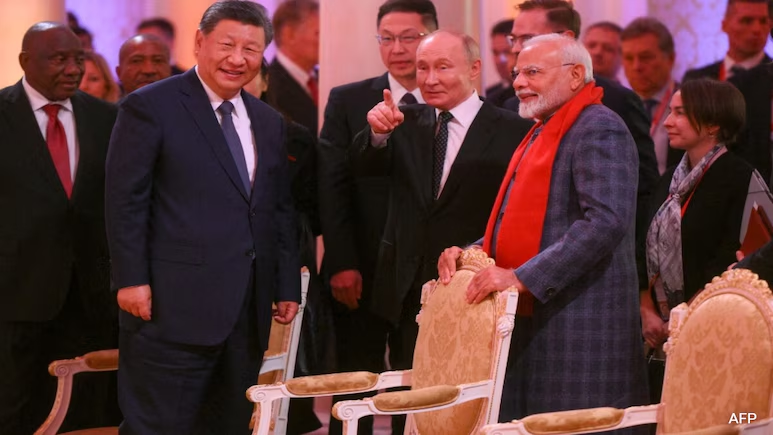


![Reliance Industries, led by Chairman Mukesh Ambani, has exported products made from Russian crude oil to countries that have sanctioned Russia, including the US [File: Ajit Solanki/AP Photo]](https://america112.com/wp-content/uploads/2025/08/AP24010199793503-1755298275.webp)




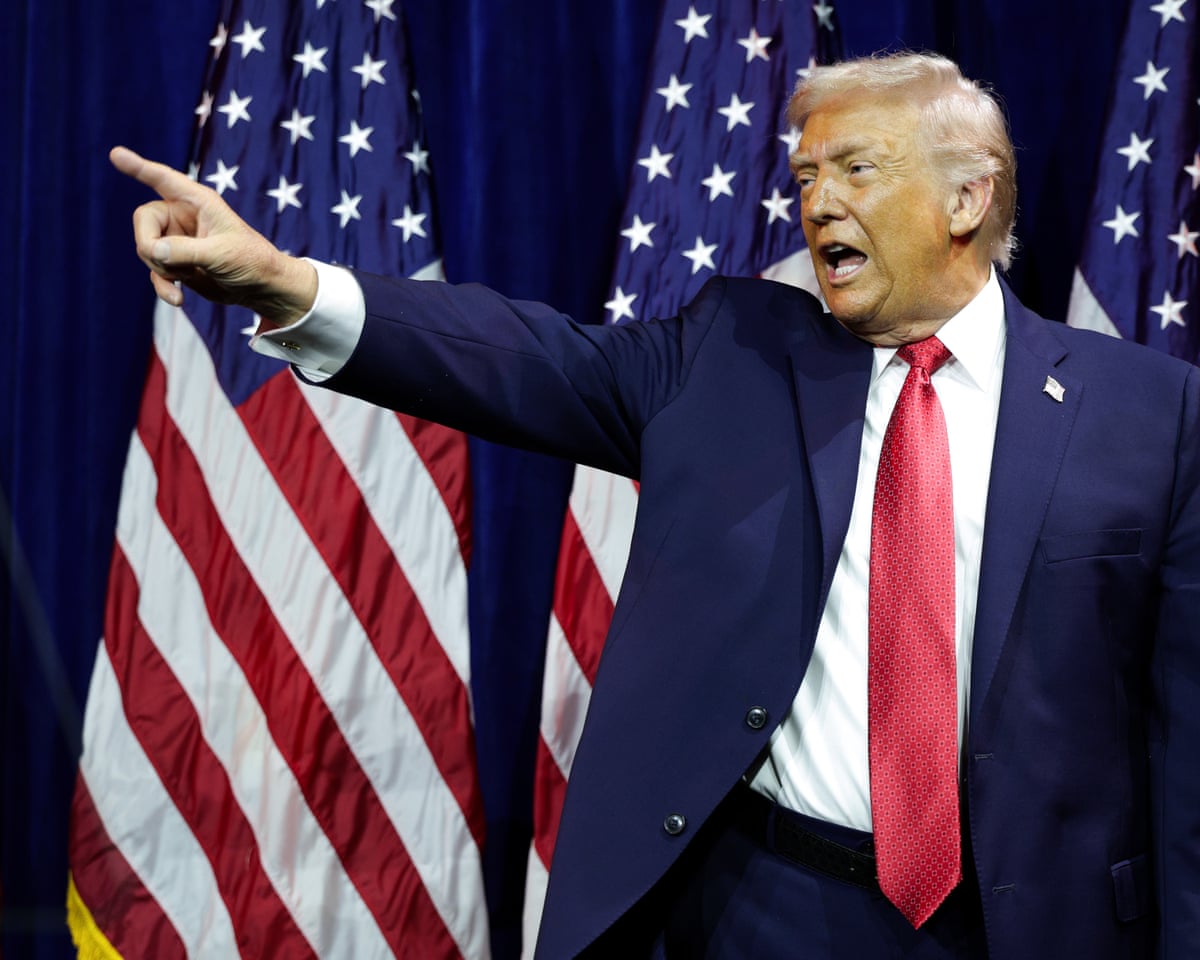

sao tốc độ để chơi
Haha, well, Pakistan definitely took a licking at the UNHRC!印度这回是实打实地炮轰了他们的人权老师。看着那些数字——785个失踪,300%的渎神逮捕——难怪美国也开始怀疑是不是该给点颜色看看了。不过说真的,印度自己那边也未必是什么人权天堂,双标play看来玩不下去啦。希望巴基斯坦这次能拿出点真行动,别再是嘴上说说。毕竟,国际形象这东西,可不是靠骂别人就能堆出来的,得靠实力和诚意!#人权 #南亚风云 #说好的伙伴呢sao tốc độ để chơi